As Canada feels the strain of U.S. trade war, pressure heats up on innovation sector

As border tensions create investment uncertainty, innovation in Canada should look at trade diversification and focusing less on commodities, say innovation experts.
The battery that can supercharge Canada’s economic future

Energy storage already ticks every box for national interest: job creation, economic security, emissions reductions, and grid resilience. But so far, it has been left off the priority list. That needs to change.
Current fiscal outlook has not put us on a precipice yet, but a rush to balance the budget is not the answer
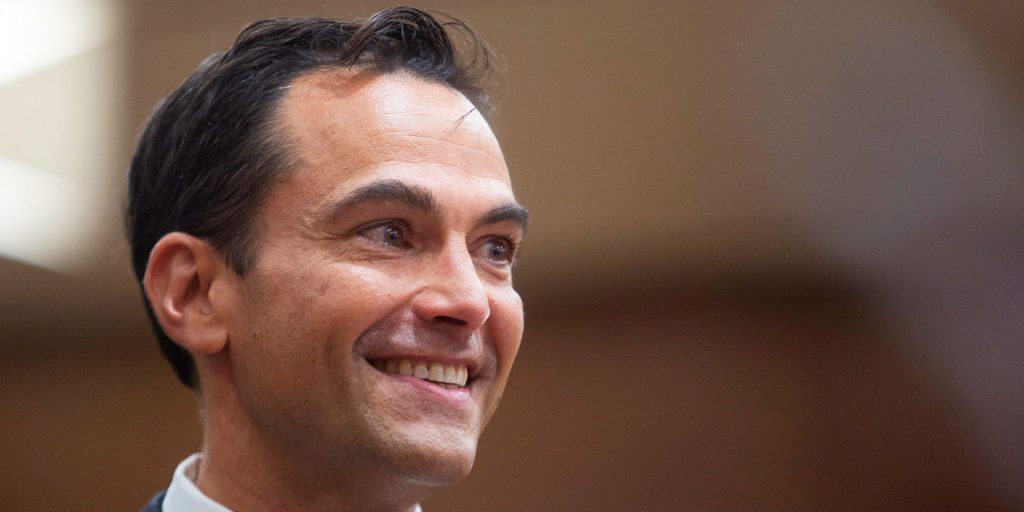
Canada faces enormous challenges and disruptive change in transitioning to an economy that can thrive in a world of sweeping change in technologies, markets and sustainability. Responding to these challenges has to be the focus of the next budget.
Energy efficiency: unlocking Canada’s superpower potential

Energy efficiency is the ‘first fuel’ we must rely on to build a more prosperous, resilient, and competitive Canada.
Mark Carney and a call for meaningful reconciliation
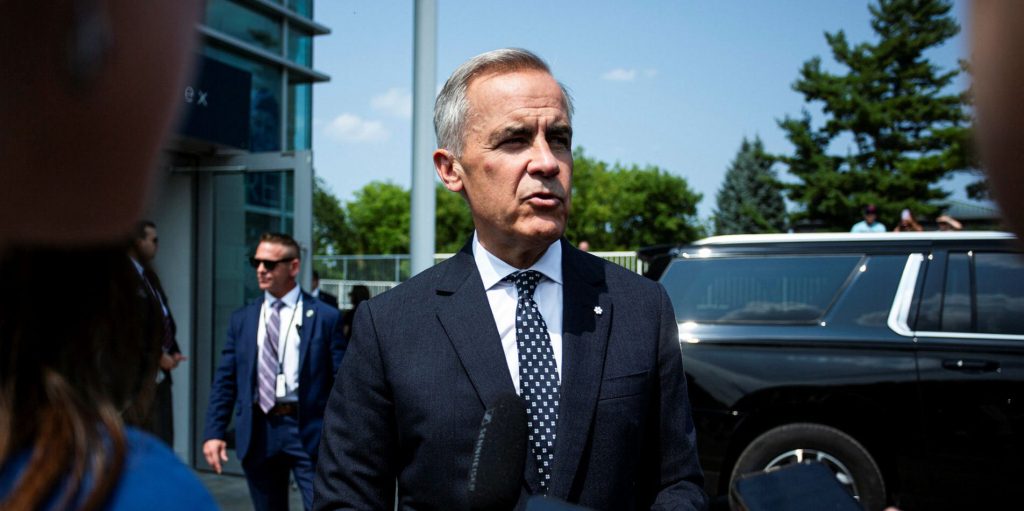
True reconciliation means advancing the legislative priorities of Indigenous Peoples, as well, and recognizing that we are equally sovereign.
Message to Carney: the safety of Indigenous women and girls is in the national interest

If Canada is serious about building an economy rooted in dignity and human rights, the Liberals must ensure that Indigenous women and girls are given a seat at the table, that our voices are heard, and that our lives are safeguarded.
Time for PM Carney to deliver tangible results
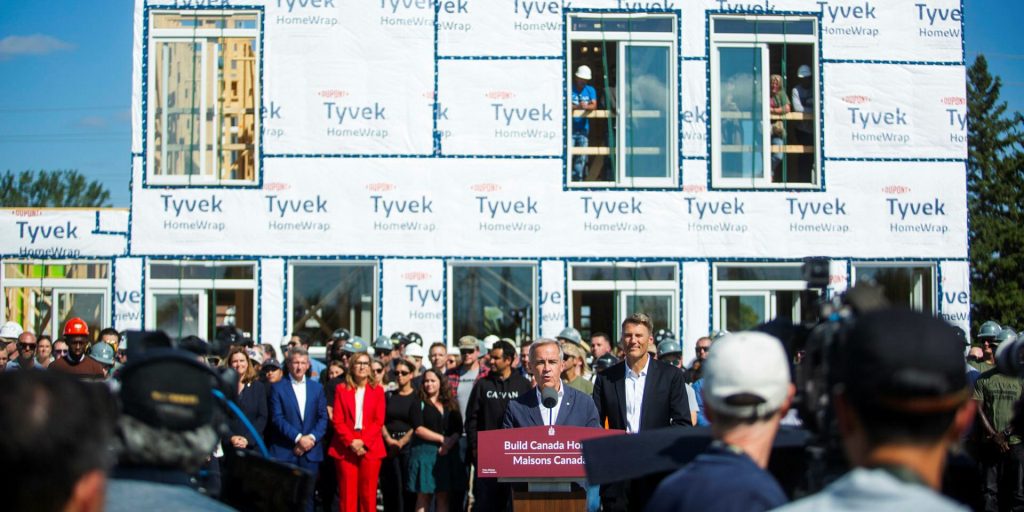
Public opinion analysts say Canadians are not in a partisan mood—they want Mark Carney to succeed. Yet unlike in ordinary times, when politics fades in between elections, Canadians are paying close attention now because their economic livelihoods are at stake. For Carney, the time for promises is over. He must begin delivering tangible results—before it’s too late.
‘Keep that nation-to-nation concept strong,’ say Indigenous leaders, as Canada moves on major projects

David Chartrand, president of the Manitoba Métis Federation, says ‘if you’re asking us to trust you, you should have no problem signing legal documents to ensure that the promise you’re making is real and will be kept.’
From reconciliation to results: why Bill C-5 and the Major Projects Office can be game-changers for Indigenous communities
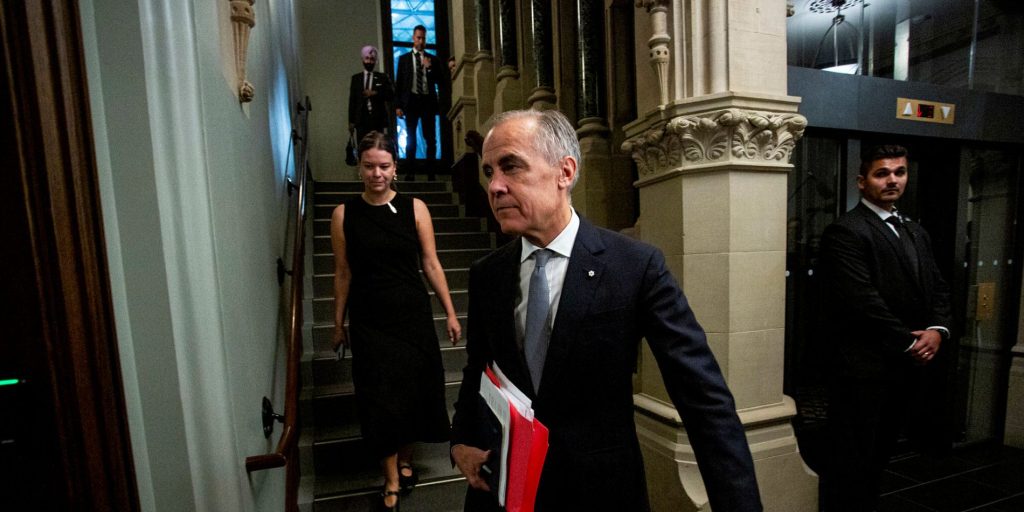
The MPO is the front door that co-ordinates financing and accelerates regulatory approvals so that top-tier projects can get to ‘yes’ faster, with Indigenous partnership built-in from the start.
For Carney, it’s all about the economy
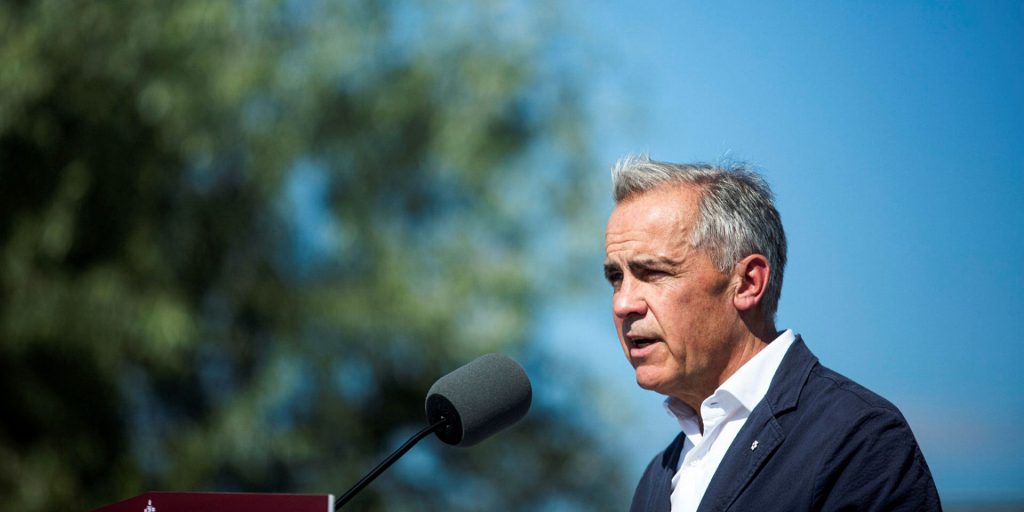
Mark Carney realizes that, for the average voter, economics trumps everything else, including the environment. But he has his work cut out for him.

